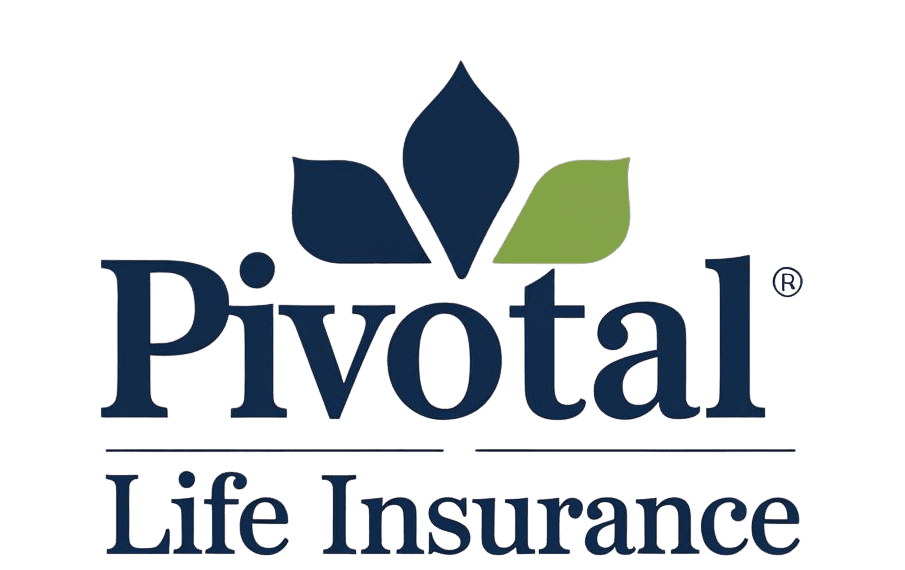Life insurance can feel confusing, especially when terms like cash value and permanent coverage start floating around. If you have asked, Does term life insurance have a cash value?, you are not alone. Many people assume all life insurance policies act as both protection and investment. The reality is different, and understanding it can save you money and help you make the right coverage choice.
In this article, you will learn what cash value is, why term life insurance typically does not offer it, and how it compares to permanent life insurance. We will also provide practical tips for making your insurance work best for your needs.
What Is Term Life Insurance?
Term life insurance is a straightforward type of life insurance that provides financial protection for a specific period, such as 10, 20, or 30 years. If the insured person passes away during this period, the policy pays a death benefit to the beneficiaries.
Key points about term life insurance:
Coverage is limited to a set term.
Premiums are usually lower than permanent life insurance.
There is no savings or investment component included.
Because term life insurance focuses solely on protection, it typically does not accumulate cash value.
Understanding Cash Value in Life Insurance
Cash value is a feature found in permanent life insurance policies, such as whole life or universal life. It acts like a savings account within your insurance policy.
A portion of your premium goes toward life coverage.
Another portion grows over time as a tax-deferred investment.
You can borrow against the cash value or even withdraw it in some cases.
This is why people often confuse term life insurance with permanent options. Term life is pure protection, while permanent policies combine protection with a growing cash component.
Can Term Life Insurance Ever Have Cash Value?
Most standard term life insurance policies do not build cash value. However, there are a few exceptions and hybrid options:
Return of Premium (ROP) Term Life Insurance: Some policies return all or part of your premiums if you outlive the term. This is not technically cash value, but it acts as a refund.
Convertible Term Policies: These allow you to convert to a permanent policy later, which can build cash value after conversion.
Even with these options, term life is generally not a tool for savings or investment.
Term Life vs Whole Life Insurance
Understanding the difference can clarify why cash value matters:
| Feature | Term Life Insurance | Whole Life Insurance |
|---|---|---|
| Coverage Duration | Fixed term | Lifetime |
| Cash Value | No | Yes |
| Premiums | Lower | Higher |
| Investment Component | None | Yes, grows over time |
| Borrowing Against Policy | Not allowed | Allowed against cash value |
If your goal is financial security at a low cost, term life is ideal. If you want protection and a growing cash reserve, permanent life insurance is better.
Practical Tips for Choosing the Right Policy
Assess Your Financial Goals: Do you need affordable coverage now, or a policy that grows cash over time?
Consider Your Budget: Term life premiums are lower, freeing money for investments elsewhere.
Explore Convertible Options: If you may want cash value later, choose a policy that can convert to permanent coverage.
Avoid Misconceptions: Do not expect term life to act as a savings or investment tool.
Common Questions About Cash Value
Can I borrow against term life insurance? No, borrowing is only possible with permanent policies that accumulate cash value.
Does return of premium count as cash value? Not technically. It is a refund of your payments rather than a growing investment within the policy.
Is term life insurance a good investment? Term life is not an investment. Its strength is affordable protection. Use other financial tools like savings accounts, stocks, or retirement funds for investment growth.
Key Takeaways
Term life insurance generally does not have cash value.
Permanent policies like whole life or universal life are the ones that accumulate cash value.
Return of premium and convertible term policies are exceptions but not true cash value options.
Choose term life for cost-effective protection and permanent life for investment plus protection.
Final Thoughts
Understanding that term life insurance is pure protection helps you make smarter financial decisions. If your priority is low-cost coverage for your family or debt protection, term life is perfect. For those seeking a combination of protection and cash accumulation, permanent life insurance is the better route.

